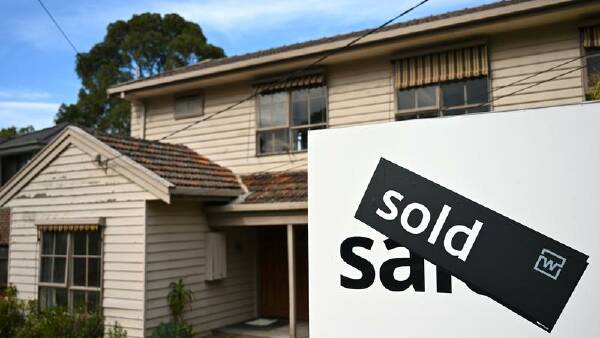
The Governor has initiated efforts to address a tax that the Reserve Bank identifies as a barrier to economic mobility. This tax discourages homeowners of larger properties from downsizing and prevents individuals from relocating for better job opportunities and higher wages.
The Reserve Bank emphasizes that the current tax structure disproportionately affects those looking to transition from larger homes. Homeowners often find themselves financially constrained by taxes associated with selling their properties. As a result, many choose to remain in homes that do not meet their current needs, thereby limiting their mobility and economic prospects.
March 2024 marks a critical period as the Governor’s administration seeks to reform this tax policy. The proposed changes aim to facilitate a more dynamic housing market. By easing the tax burden on homeowners, the administration hopes to encourage movement within the property market, thus enabling workers to pursue better job opportunities without the fear of excessive taxation.
According to the Reserve Bank, removing or adjusting this tax could unlock significant economic potential. It estimates that a more flexible housing market could lead to increased employment rates and overall economic growth. Specifically, the Bank highlights that an improved property market could lead to a potential increase of up to $2 billion in economic activity within the next five years.
The implications of this initiative extend beyond just the housing market. The Governor’s approach underscores a broader strategy to enhance economic mobility across the region. By addressing tax-related obstacles, the administration aims to create a more competitive job market, allowing individuals to move freely to areas where they can earn higher wages and contribute to the economy.
As discussions continue, stakeholders from various sectors are being invited to contribute to the dialogue. Real estate professionals, economists, and community leaders are among those engaged in shaping these proposed reforms. The collaborative effort aims to ensure that the new tax policies will effectively address the needs of a diverse population while promoting economic growth.
In the coming months, the Governor will present specific proposals to the legislature. These proposals will outline the changes needed to alleviate the tax burden on homeowners and facilitate job relocation. The administration anticipates that legislative support will be crucial in implementing these reforms, which could significantly impact the economic landscape of the region.
As this initiative progresses, the Governor’s office stresses the importance of public input. Residents are encouraged to share their experiences and suggestions regarding the current tax system and its impact on their mobility and job opportunities. Engaging with the community will be essential in crafting effective solutions that resonate with the needs of those affected.
Overall, the Governor’s focus on reforming tax policies represents a significant step toward enhancing economic mobility. By addressing these barriers, the administration aims to create a more vibrant economy where individuals can thrive, contribute, and pursue their career aspirations without the limitations imposed by current tax structures.






